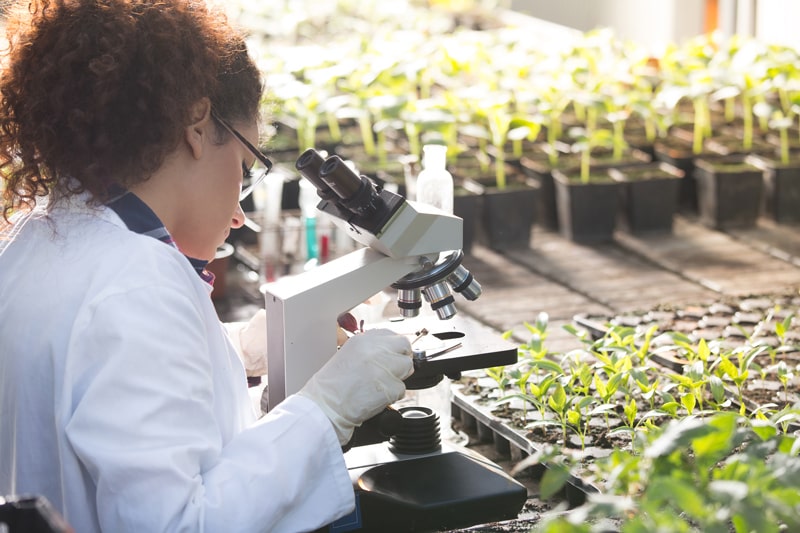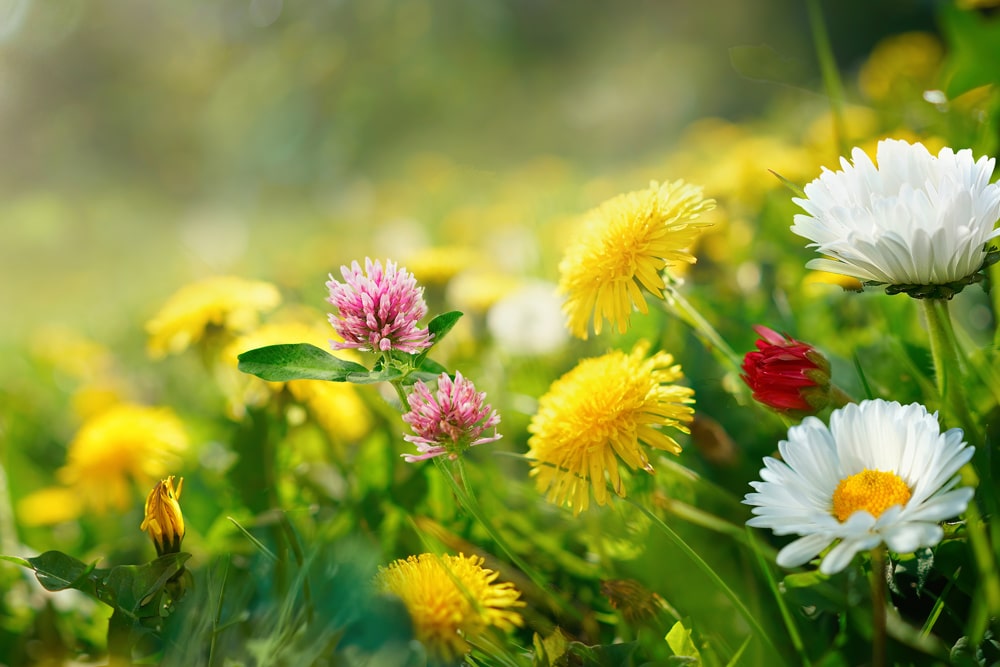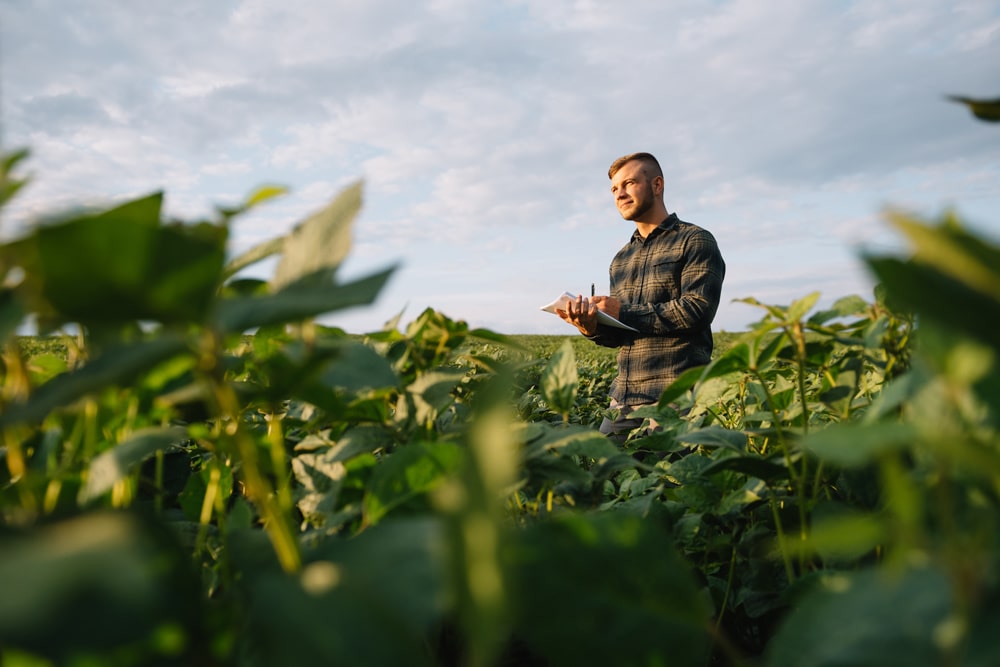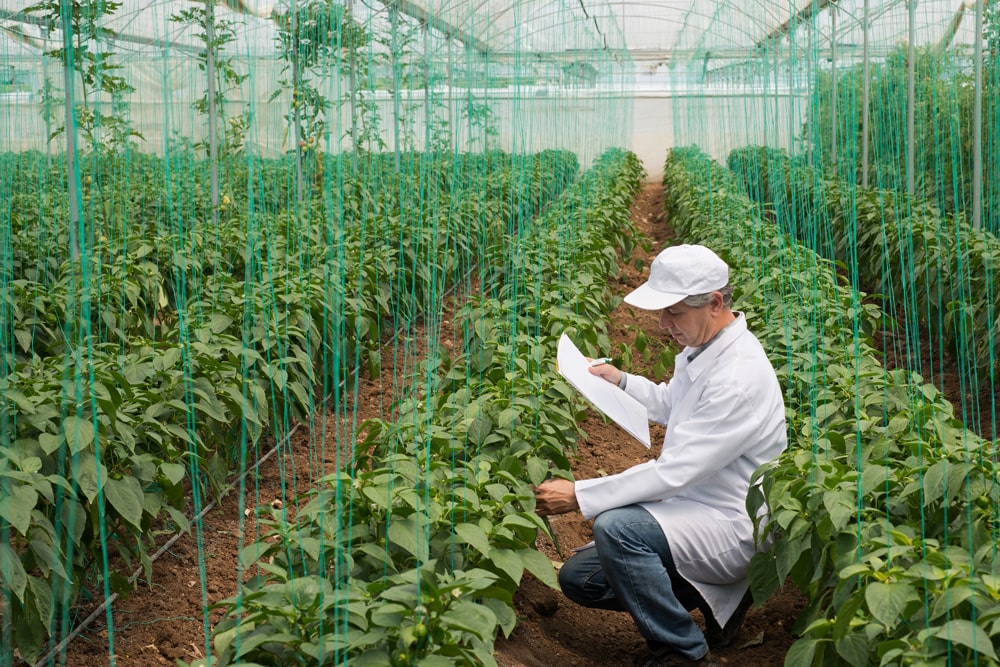We believe cost should not be a barrier to accessing higher education, even for online programs. Financial aid and scholarships are available for many students. Please see the Paying for School page for additional information and links to campus financial aid resources.
Our programs are an ideal way for military, veterans, and dependents to advance education with military advisers and staff on each campus, flexible deployment and activation policies, and generous acceptance of transfer credits. Visit our Prospective Student page and explore what the University of Nebraska offers.






